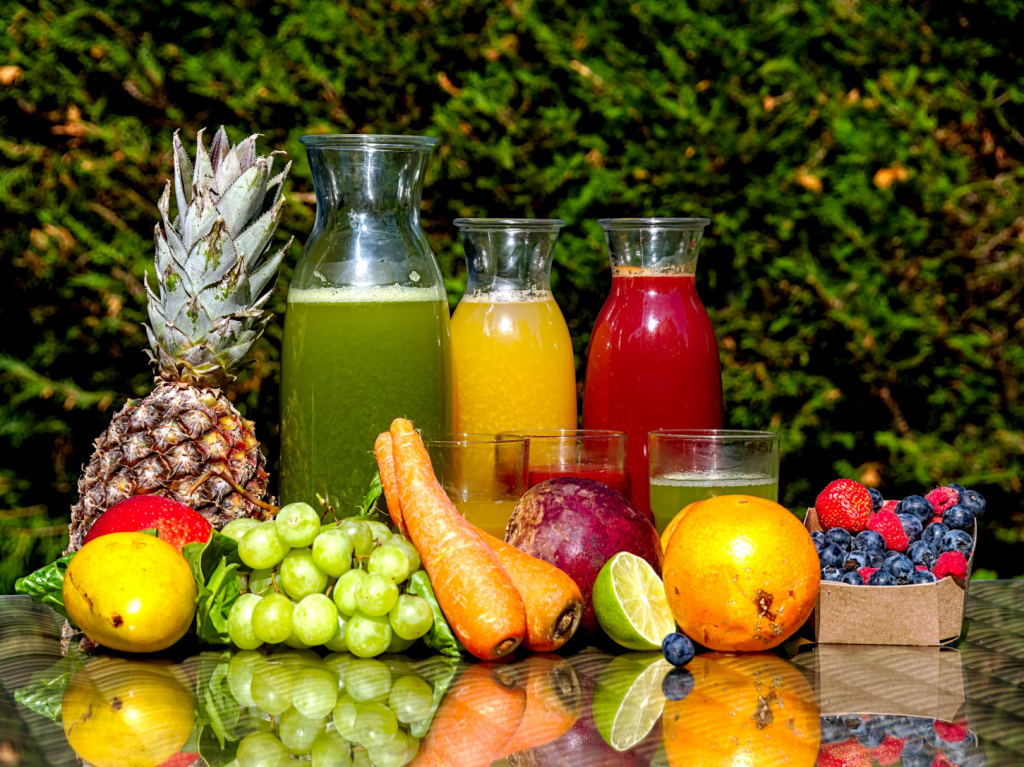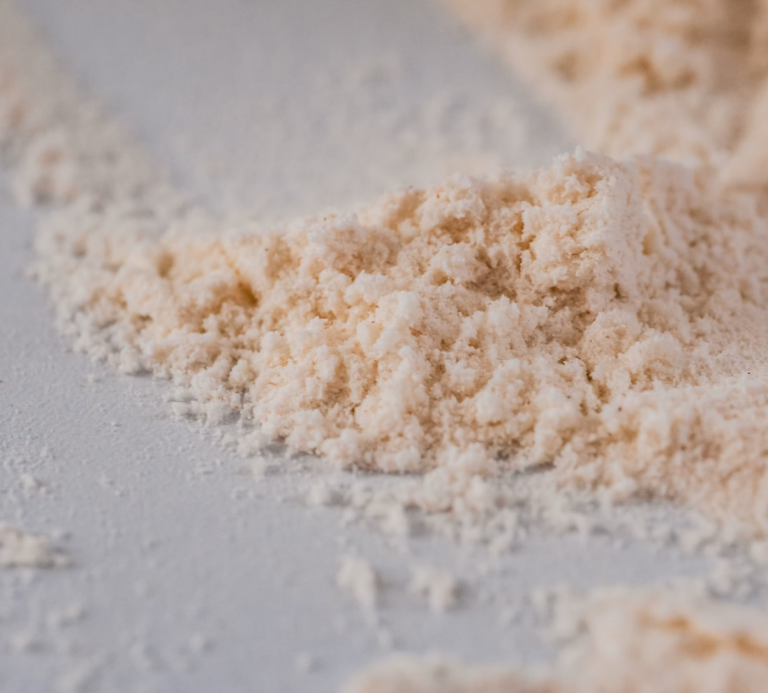
What Is a 3-Day Juice Cleanse?
Understanding the Concept
A 3-day juice cleanse is a short-term dietary detox where individuals consume only fruit and vegetable juices for three days. No solid food is allowed. The goal? Reset the digestive system, flush out toxins, and promote weight loss. It’s a practice rooted in naturopathy and has gained immense popularity through wellness influencers and detox programs.

Typical Ingredients Used
Most juice cleanse recipes include low-sugar fruits (like green apples, lemons), leafy greens (such as kale and spinach), and detoxifiers like ginger, turmeric, or activated charcoal. These are cold-pressed to retain nutrients and enzymes.
Why People Try Juice Cleanses
Weight Loss Aspirations
Let’s be real—many people start a juice cleanse hoping to shed a few pounds quickly. While some initial weight loss occurs, much of it is water weight. That said, for those who overindulged recently, a juice cleanse can feel like a “reset button.”
Detoxification Beliefs
Proponents of juice cleanses believe that fruits and vegetables help remove toxins from the liver, kidneys, and digestive tract. While the body detoxifies naturally, juicing is often seen as a way to give your organs a break.
Boosting Energy and Skin Health
Some people swear by increased energy and glowing skin post-cleanse. This is likely due to reduced processed food and increased hydration—rather than a magical juice effect.
How the 3-Day Cleanse Works
Pre-Cleanse Preparation
Don’t jump straight into juicing. Most guides recommend tapering off caffeine, alcohol, dairy, and refined sugar for 2–3 days before your cleanse. This minimizes withdrawal symptoms and maximizes effectiveness.
Daily Juice Schedule
You’ll usually consume 5–6 juices per day, spaced every 2–3 hours. These replace breakfast, lunch, and dinner. Green juices are typically consumed earlier in the day, while sweeter, fruit-based juices are reserved for late afternoons.
What to Avoid During the Cleanse
Say goodbye to caffeine, alcohol, nicotine, and even gum. Anything that stimulates digestion or disrupts your metabolism is off-limits. Water, herbal teas, and coconut water are usually allowed.
Real Results: What Can You Expect?
Weight Changes
Expect to lose 2–5 pounds—mostly from water and glycogen depletion. It’s motivating, but not permanent unless followed by sustained lifestyle changes.
Bloating Reduction
Juice cleanses reduce sodium and eliminate solid food, both of which help reduce bloating. Your stomach may appear flatter, though this isn’t a long-term fix.
Mental Clarity and Focus
Some users report enhanced mental clarity, likely due to a simplified diet and reduction in inflammatory foods. Think of it like switching from a noisy radio to calming ambient music—your brain notices the difference.
Side Effects and Risks
Fatigue and Headaches
Without solid food or caffeine, your body may feel sluggish and foggy. These are typical detox symptoms, especially on day 1 or 2.
Blood Sugar Drops
Fruit juices can spike your blood sugar, then crash it. If you’re prone to hypoglycemia, a juice cleanse might leave you dizzy or weak.
Gastrointestinal Distress
Because you’re consuming mostly liquids, expect frequent trips to the bathroom. Some report diarrhea or cramping—your gut’s way of adjusting to the liquid-only intake.
Who Should Avoid Juice Cleanses
People with Diabetes or Low Blood Pressure
The sugar content in fruit juices can dangerously affect blood glucose. Those with insulin sensitivity or hypotension should consult a doctor first.
Pregnant or Breastfeeding Women
Nutrient needs are higher during pregnancy and lactation. Juice cleanses don’t provide enough calories, fats, or protein for you or your baby.
Scientific Perspective on Juice Cleansing
What the Research Shows
There is limited scientific evidence supporting juice cleanses for long-term detox or weight loss. Most benefits appear short-lived and are largely anecdotal.
Expert Opinions
Nutritionists often criticize juice cleanses for their lack of protein, fiber, and healthy fats. They warn against viewing them as sustainable weight-loss tools.
Healthier Alternatives to Consider
Balanced Detox Diets
Instead of extreme juicing, consider a 5-day anti-inflammatory diet: lots of leafy greens, lean protein, berries, and healthy fats. It supports detox without deprivation.
Intermittent Fasting
IF has more scientific backing than juice cleanses. It helps regulate insulin, support cellular repair, and promote fat burning—without nutrient deficiencies.
Tips for a Safe and Effective Cleanse
Listen to Your Body
If you feel lightheaded or extremely weak, stop. A cleanse is not a punishment. Rest when needed, and don’t push through dangerous symptoms.
Stay Hydrated
Juicing is hydrating, but not a replacement for plain water. Make sure you’re drinking enough to support detox and kidney function.
Ease Back Into Solid Foods
Post-cleanse, start with smoothies, soups, or lightly cooked vegetables. Jumping back to pizza or steak could shock your system—and defeat the cleanse’s purpose.
Conclusion
A 3-day juice cleanse can be a tool for short-term weight loss, increased hydration, and a sense of dietary “reset.” However, it is not a miracle cure. The real benefits often come from the break it gives your body from processed foods and overeating. Approach it as a jumpstart, not a lifestyle. Listen to your body, consult your doctor, and consider longer-term, more sustainable wellness strategies.
FAQs
1. Can I exercise during a 3-day juice cleanse?
Light exercise like walking or yoga is fine, but avoid high-intensity workouts due to limited caloric intake.
2. Will I lose muscle on a juice cleanse?
Possibly. Since the cleanse lacks protein, extended juicing can result in muscle breakdown, especially if done repeatedly.
3. Can I drink coffee during the cleanse?
Most programs recommend cutting caffeine. However, if you’re a regular drinker, gradually reducing it beforehand can prevent withdrawal.
4. Are store-bought juices okay for a cleanse?
Only if they’re cold-pressed and free from added sugar or preservatives. Homemade is usually better.
5. How often can I do a juice cleanse?
It’s best to limit juice cleanses to once every few months. Frequent cleanses can lead to nutrient deficiencies and metabolic slowdown.





